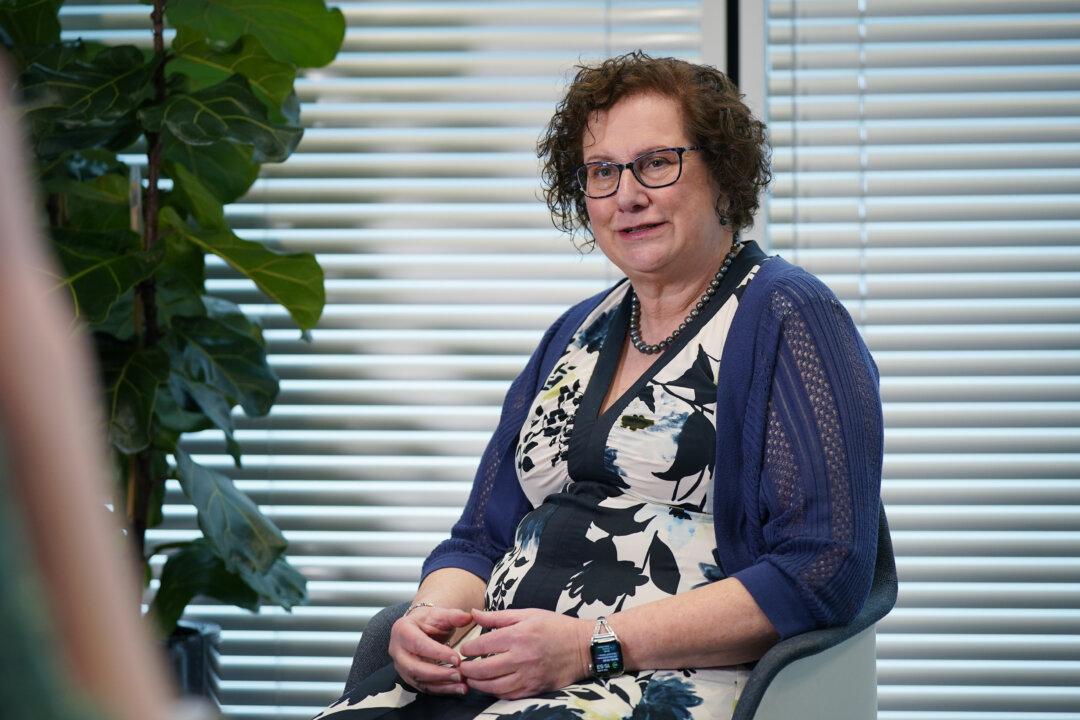Dr. Hilary Cass, who conducted the landmark NHS review on treatment for gender-questioning children, said she’s currently not using public transport following security advice.
The leading paediatrician said she has received online abuse following the publication of her report, but she’s “much, much more upset and frustrated” over the false information spread about the report.





